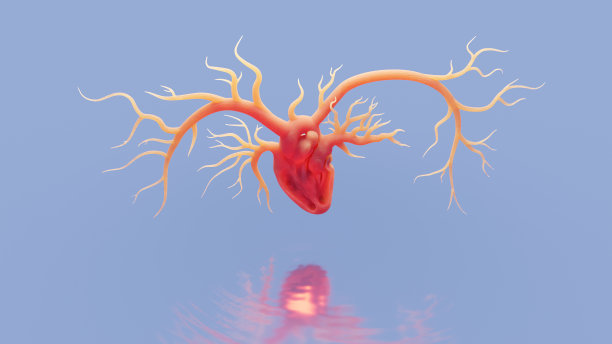Innovative Solutions for Cross-Border Cardiovascular Disease Treatment
original:health91192025-02-19 11:52:27
Summary: In this article, we will explore innovative solutions for treating cardiovascular diseases across borders. We will delve into advanced technologies, collaborative healthcare approaches, tel
Summary: In this article, we will explore innovative solutions for treating cardiovascular diseases across borders. We will delve into advanced technologies, collaborative healthcare approaches, telemedicine services, and personalized treatment strategies that are revolutionizing the field. These solutions are breaking down barriers and improving patient outcomes worldwide.
1. Advanced Technologies in Cardiovascular Disease Treatment

Medical advancements such as AI-driven diagnostics, robotic surgeries, and remote monitoring devices are transforming how cardiovascular diseases are diagnosed and treated. These technologies enhance precision, efficiency, and accessibility, ultimately leading to better patient care.
Innovative solutions like wearable cardiac sensors, 3D printing for personalized implants, and telehealth platforms allow for continuous monitoring and personalized treatment plans. These tech-driven approaches bridge geographical gaps and provide timely interventions, especially for patients in remote areas.
The integration of big data analytics and machine learning algorithms enables predictive modeling and risk assessment in cardiovascular care. By leveraging these tools, healthcare providers can proactively identify high-risk patients and tailor interventions to improve outcomes.
2. Collaborative Healthcare Approaches for Cross-Border Treatment
Global collaborations among healthcare institutions, research organizations, and government agencies are vital for sharing expertise, resources, and best practices in cardiovascular disease treatment. Multidisciplinary teams work together to address complex cases and develop innovative solutions that transcend borders.
Partnerships between hospitals in different countries facilitate knowledge exchange, training programs, and joint research initiatives. These collaborations promote cultural understanding, facilitate second opinions, and enhance treatment options for challenging cardiovascular conditions.
Cross-border healthcare networks create a seamless care continuum for patients, ensuring access to specialized services, clinical trials, and cutting-edge therapies. By fostering international partnerships, healthcare systems can leverage collective expertise to improve patient outcomes on a global scale.
3. Telemedicine Services for Remote Cardiovascular Care
Telemedicine platforms offer a convenient and cost-effective way to deliver cardiovascular care to patients across borders. Virtual consultations, remote monitoring, and digital health tools enable timely interventions and continuous support for individuals with heart conditions.
Remote cardiac rehabilitation programs utilize telehealth technology to provide exercise guidance, lifestyle counseling, and emotional support to patients recovering from cardiovascular events. These services promote adherence to treatment plans and empower patients to actively manage their health from anywhere in the world.
Telecardiology services, including remote ECG monitoring and teleconsultations with specialists, ensure prompt evaluation and treatment of cardiovascular emergencies. By expanding access to expert care, telemedicine improves outcomes for patients in underserved regions and enhances the efficiency of healthcare delivery.
4. Personalized Treatment Strategies for Cardiovascular Diseases
Personalized medicine approaches, such as genetic testing, biomarker profiling, and pharmacogenomics, are revolutionizing the management of cardiovascular diseases. By tailoring treatment plans to individual genetic and clinical profiles, healthcare providers can optimize drug efficacy and minimize adverse effects.
Precision medicine advancements enable risk stratification, early detection of cardiovascular conditions, and targeted interventions based on a patients unique characteristics. Genetic counseling and lifestyle modifications play a crucial role in preventing the onset and progression of heart diseases in at-risk individuals.
Integrated care models that combine genetic data, patient preferences, and clinical expertise empower individuals to make informed decisions about their cardiovascular health. Personalized treatment strategies enhance patient engagement, adherence to therapy, and long-term outcomes in the management of cardiovascular diseases.

Summary:
Innovative solutions for cross-border cardiovascular disease treatment, including advanced technologies, collaborative healthcare approaches, telemedicine services, and personalized treatment strategies, are revolutionizing patient care and outcomes worldwide. By embracing these cutting-edge solutions, healthcare providers can overcome geographical barriers, enhance access to specialized care, and improve treatment efficacy for individuals with cardiovascular conditions.
This article is published by HEALTH9119 Medical Health Network https://www.health9199.com arrangement